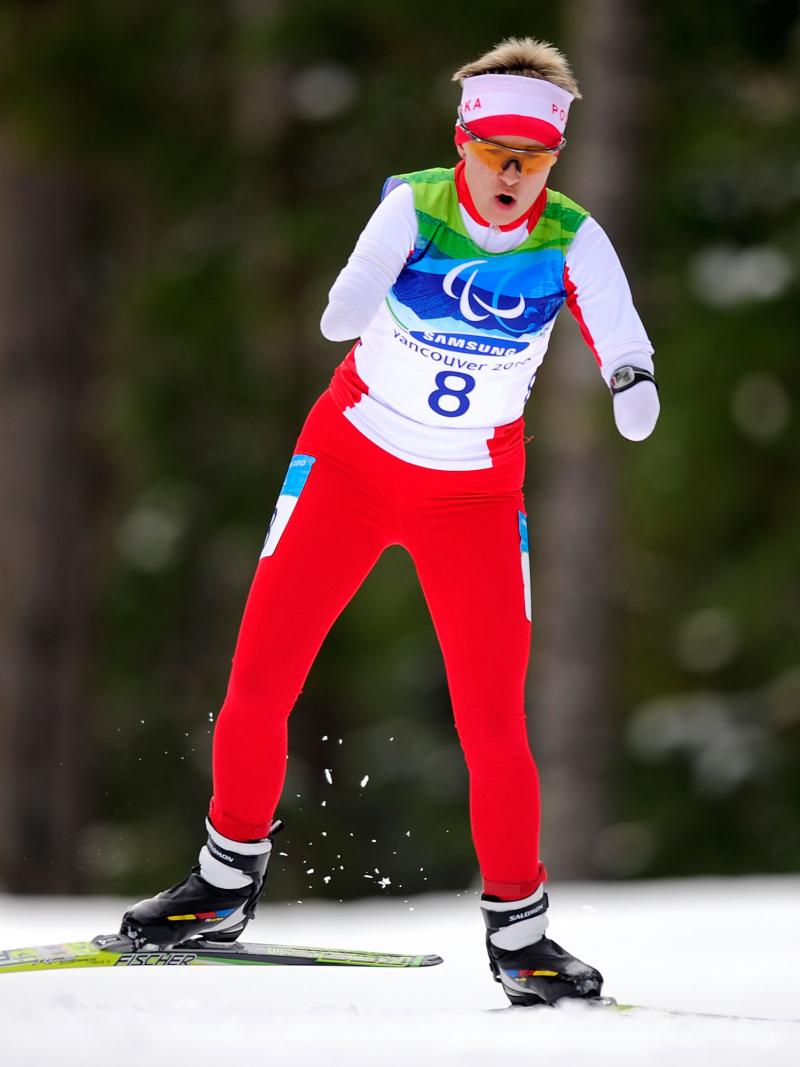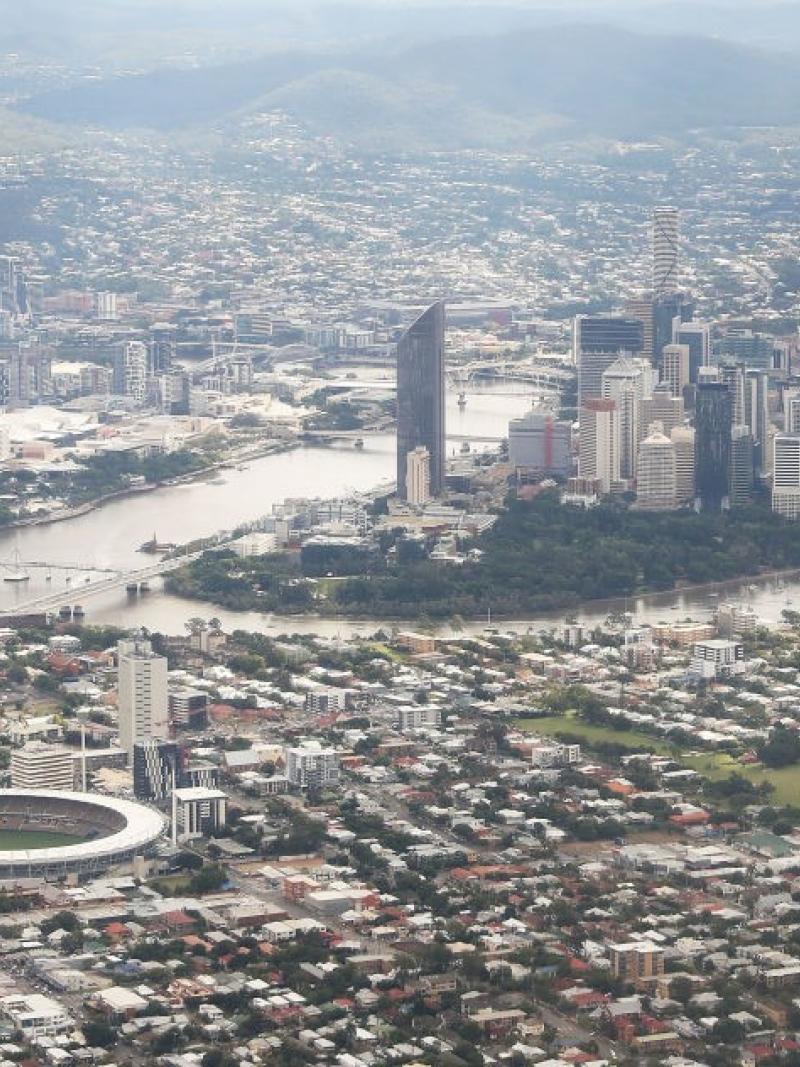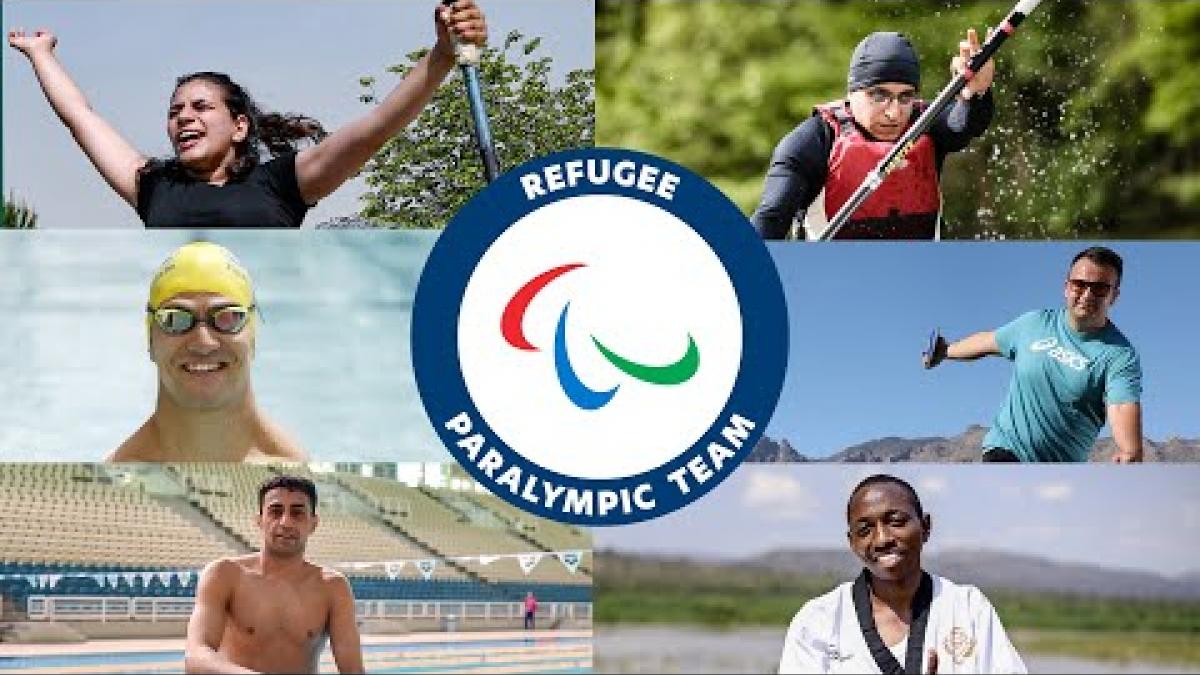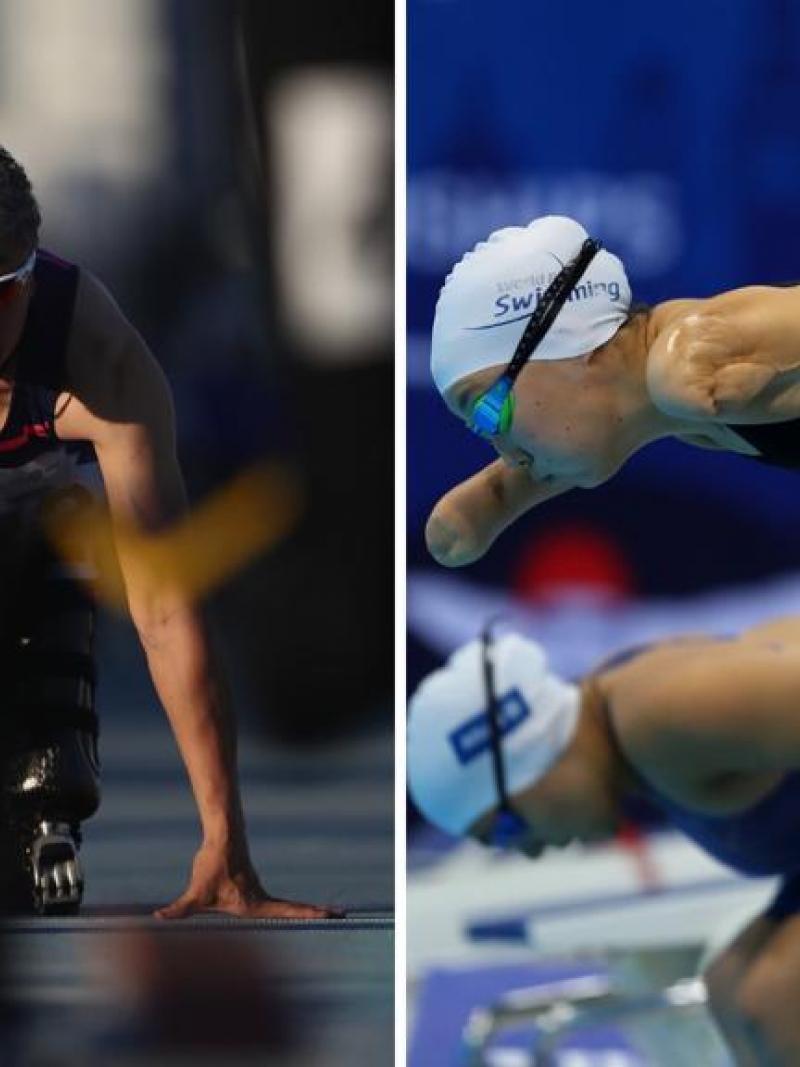IPC announce measures on athlete protests for Tokyo 2020
IPC Athletes’ Council put forward several recommendations on athlete protests following nine-month consultation 22 Jul 2021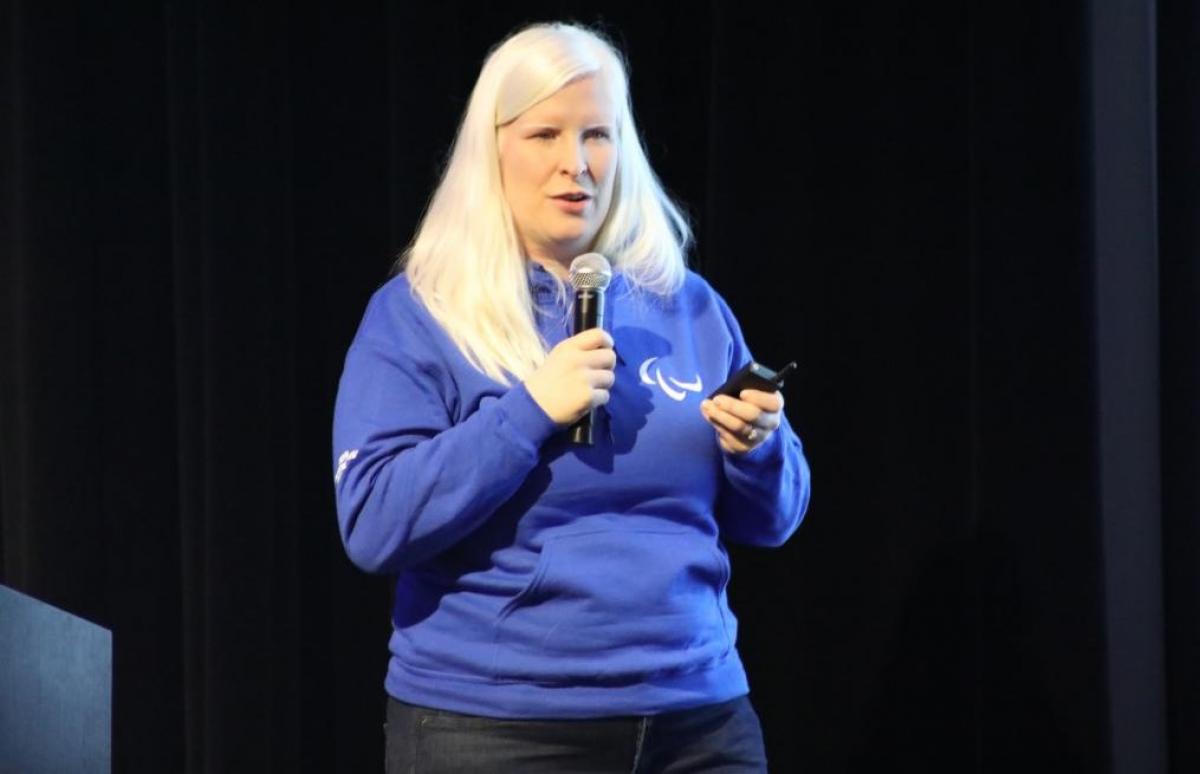
The International Paralympic Committee (IPC) has outlined a range of measures on when and where during the Tokyo 2020 Paralympic Games participants may demonstrate, protest and make political statements.
The IPC Athletes’ Council briefed the IPC Governing Board after a nine-month athlete-led consultation with Paralympians and Para athletes regarding Section 1, Chapter 3, article 2.2 - the IPC’s version of the IOC’s Rule 50.
With 34 days to go, the IPC Governing Board approved measures proposed by the IPC Athletes’ Council which can be practically implemented in time for the Tokyo 2020 Paralympic Games.
This includes allowing participants to demonstrate, protest, and/or make political statements as follows, provided that their demonstrations, protests, and/or political statements do not involve any Impermissible Elements:
- in the mixed zones, including when speaking to the media;
- in the International Broadcasting Centre or the Main Media Centre, including when speaking to the media;
- during press conferences;
- during media interviews;
- during team meetings;
- in traditional media or digital media; and/or
- on social media channels (except when the Participant is on the Field of Play, or participating in any Official Ceremonies).
Post-Tokyo 2020, and after an evaluation of the new measures, the IPC Governing Board will work with the IPC Athletes’ Council on its plan for the implementation of further recommendations at future Games from Beijing 2022 onwards.
Chelsey Gotell, IPC Athletes’ Council Chairperson, said: “I would like to thank all athletes who contributed their views to the nine-month long consultation. The exercise came at a critical time for the athlete community, where the voices of Para athletes have been incredibly influential in sparking and shifting the dialogue on social injustices faced by fellow citizens of the world.
“The IPC Governing Board has stuck to its word throughout this entire process and been extremely supportive. I am pleased that several of the IPC Athletes’ Council recommendations will be implemented for the Tokyo 2020 Paralympic Games and that there is a firm commitment from the Board to look at what measures can be introduced for future Games from Beijing 2022 onwards.”
Andrew Parsons, IPC President, said: “Twelve months ago, the IPC Governing Board stated that the IPC Athletes’ Council’s consultation was an opportunity for us to listen and learn from the athlete community.
“It has been an extremely worthwhile experience and we are grateful to the Athletes’ Council for undertaking such a thorough consultation. We now have several clear recommendations on what the athlete community would like to see changed and what they would like to remain the same with regards to the existing rule.
“Due to the close proximity of Tokyo 2020, not all recommendations can be implemented in time for this edition of the Games, but we are fully committed to working with the Athletes’ Council to develop the right governance structures that support athletes in the long-term."
NINE-MONTH CONSULTATION
The announcement follows a nine-month consultation led by the IPC Athletes’ Council and championed by the IPC Governing Board. To gather opinions and engage in consultation, all Paralympians and Para athletes globally within the Paralympic Movement were invited to nine focus groups to discuss the current rules and what changes could be made in the future. The athlete community was also invited to complete an online survey, which 489 athletes across 27 summer and winter sports – 267 Paralympians and 222 Para athletes - completed. The recommendations made are a direct reflection of the consultation.
Overall, the majority of athletes that took part in the consultation agreed that the rule should remain in place and that the field of play, medal presentations and opening and closing ceremonies should be protected. Athletes did feel however that the current rule should be updated to provide other opportunities for athletes to express themselves during the Paralympic Games on topics that were important to them.
Read full report here.
The key recommendations from the IPC Athletes’ Council were:
- Protect the field of play and official ceremonies from all forms of protest by increasing opportunities outside of these protected spaces whereby athletes can express themselves.
- Clarify the existing wording of article 2.2
- Further educate athletes about the requirements of article 2.2
- Develop a sanction protocol and include one or more independent former Paralympians to hearing panels that decide on sanctions
- Review mixed zone opportunities for athlete demonstrations, protests, and/or political statements
- Develop demonstration and/or speaking opportunities for athletes within designated areas of the Paralympic Village for future Games after Tokyo 2020
- Increase communication across IPC channels that support athlete expression
- Revise the IPC social media guidelines for athletes.
Chelsey Gotell said: “These recommendations come after months of consultation and discussion with the Para athletes from around the world who engaged in the consultation. Our aim was to hear from our fellow athletes to collect their opinions on the current rule and their ideas for what the future of athlete protests at the Paralympic Games should look like. As an athlete led consultation, the IPC Athletes' Council have taken all the feedback received and have produced the recommendations that hold true to the outcomes of the consultation. We have worked to balance the perspectives – developing new opportunities to give athletes a platform while respecting the outcomes to protect the podium and field of play.
“This discussion will continue to evolve over the coming years and the IPC Athletes' Council, in consultation with the athlete community, will continue to review the recommendations to ensure they reflect the interests of Para athletes globally.”





